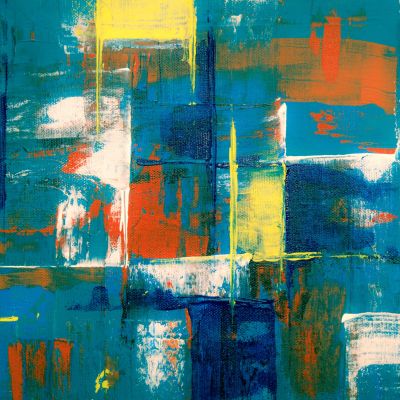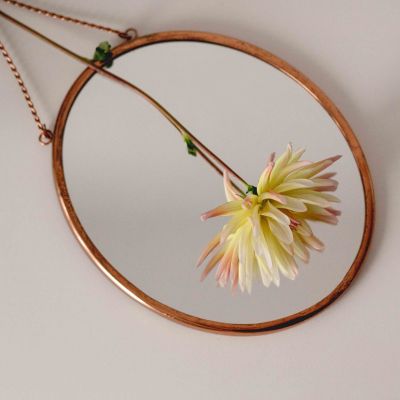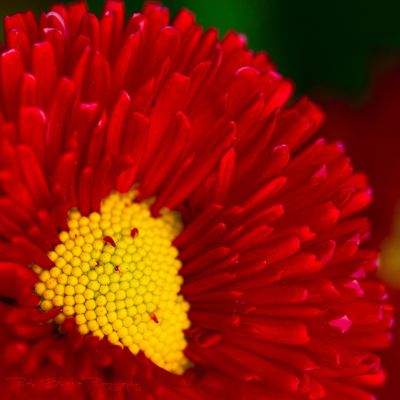Power
I am still coming to terms with my own femininity, as with new learnings I find myself regaining many facets of my personality which were lost while trying to ‘act like a man’ and ‘act tough’.
I now feel comfortable entertaining the thought that my ease with my selfhood does not necessarily have to be threatened by the possibility of love in coupledom. Indeed, comfort with one’s self can actually evolve into healthier forms of love towards the other(s).
In the uncertainty and volatility of the pandemic, Pramada Menon examines what has changed for herself, for the world, and for the various attributes of the workplace – mentorship, conversations, power, and purpose, among others.
Members of a fandom are not just passive consumers but active co-creators who imagine and build new worlds around their objects of adoration. Fandom communities offer fans the freedom of being able to imagine, create and share all sorts of scenarios, including romantic, erotic and sexual ones.
Some weeks ago, I was invited by the British High Commission to give a talk about sexual harassment at the…
The lip colour then enters into a rather queer state of existence as it refuses to stand by the label it is expected to conform to. It moves and escapes categorisation. In its queerness, it renders itself as a paradox. At the heart of paradoxes is the understanding that something is what it is also not. Similarly, the colour of this lipstick is nude, but it is also not. It is possible that it is because of this slippery nature of the paradox that my sexuality as my identity too remains slippery, in motion and fluid.
Dalit women are primarily viewed as victims and survivors of various kinds of violence. Reification of the Dalit identity has led to the boxing of our existence whose dimensions are solely defined by the savarna (dominant caste) gaze. Our self-assertions of identity are commodified to create a warped limiting of our lives, creating an image that is voiceless in the minds of our potential suitors. We are not seen as being capable of desire, love or happiness; we don’t exist as individuals outside of violence.
Those who are rendered vulnerable due to their gender or sexuality, particularly those who are economically and socially disadvantaged (or less powerful) and lack the agency to speak up for themselves, are more prone to allegations, social ostracism and marginalization.
Alankrita Singh brings us a sparse and evocative series of photographs of women out in the world, by themselves. With a quiet defiance, it depicts women interacting with the world, at leisure, resisting the socio-cultural negativity they face when not under the care of men.
Standing behind the camera, with a microphone in one hand, I have felt this power imbalance first hand. The camera may humanise the person in front of it more than a text analysis would, but the modes of production remain in someone else’s hands.
“It’s fascinating Yasmina, but also scary how sex or sexualising something can be ignited from our need for beauty that probably stirs positive emotions that we consider beautiful, such as feeling pleasure. But you know as well, desiring what we think is beautiful can generate fluidity: I can never know what I am exactly. All I know is that I was with men, and I was with women, and all of them tickled something within me. “
Should we train it to think well, all these minds would see reason in similar things and they would come up with the same absolute reality – a universal Truth. That Truth would be a reflection of the Natural order for all humankind. That Truth alone would be beautiful.
The point is not to lay the blame on women or assign them responsibility for patriarchy. It is to encourage a deeper introspection of our desires. My first boyfriend, whom I got to know in 2010, was in the habit of asking me (and other women he had previously dated) whether he could kiss me, before doing so. Every time any sexual activity was involved he would always ask beforehand and continuously check in if I was comfortable throughout.
In the mid-month issue we carry the second part of Madhu Mehra’s interview with Shikha Aleya about the law, power, inequalities, sexuality, consent and building a sex-positive culture. As Madhu says, for navigating negotiations and consent within sexual relationships more work is needed than merely lessons in legal literacy.
It was a million dollar question. Literally. The Hollywood film Indecent Proposal (1993) had actors Demi Moore and Woody Harrelson…















